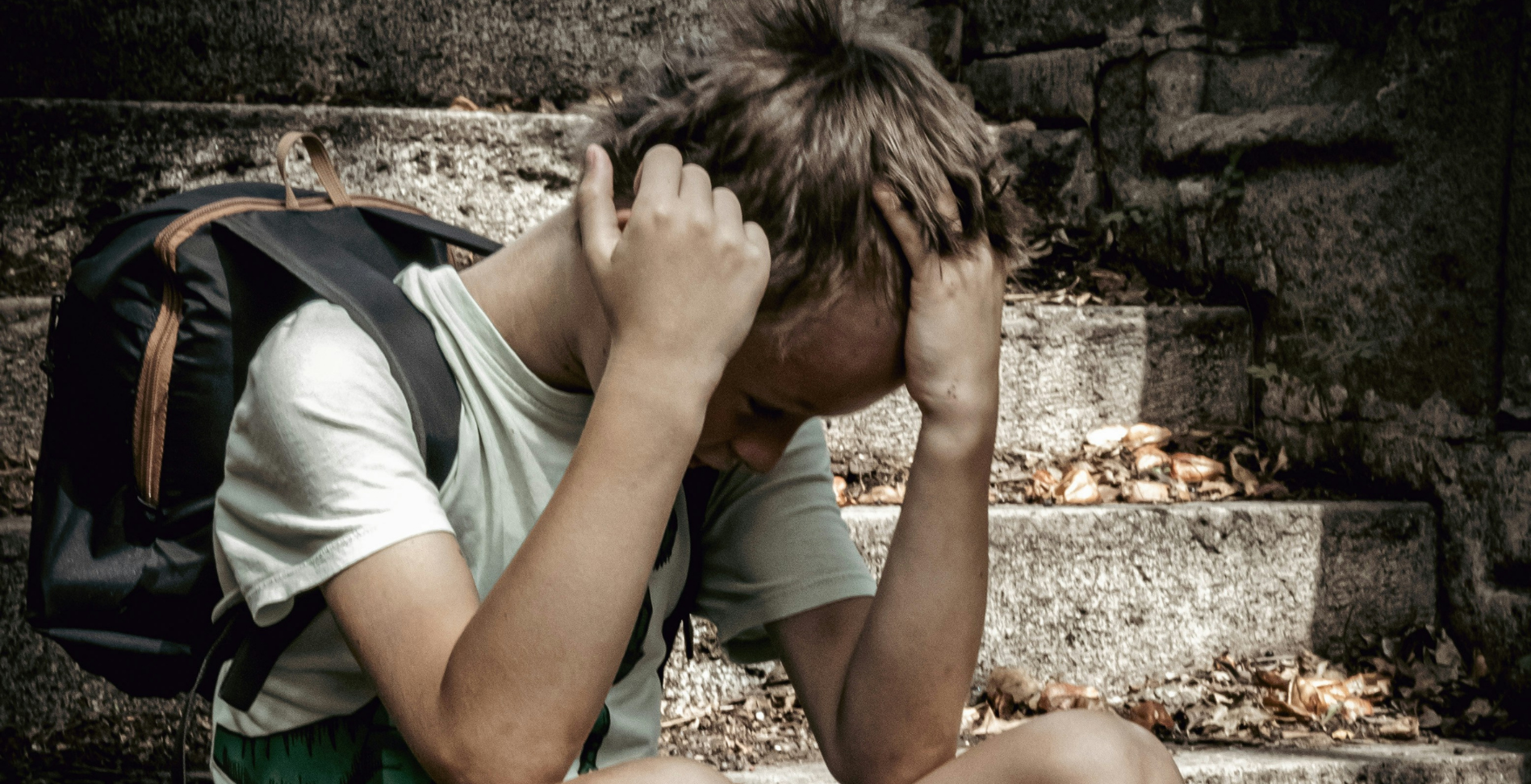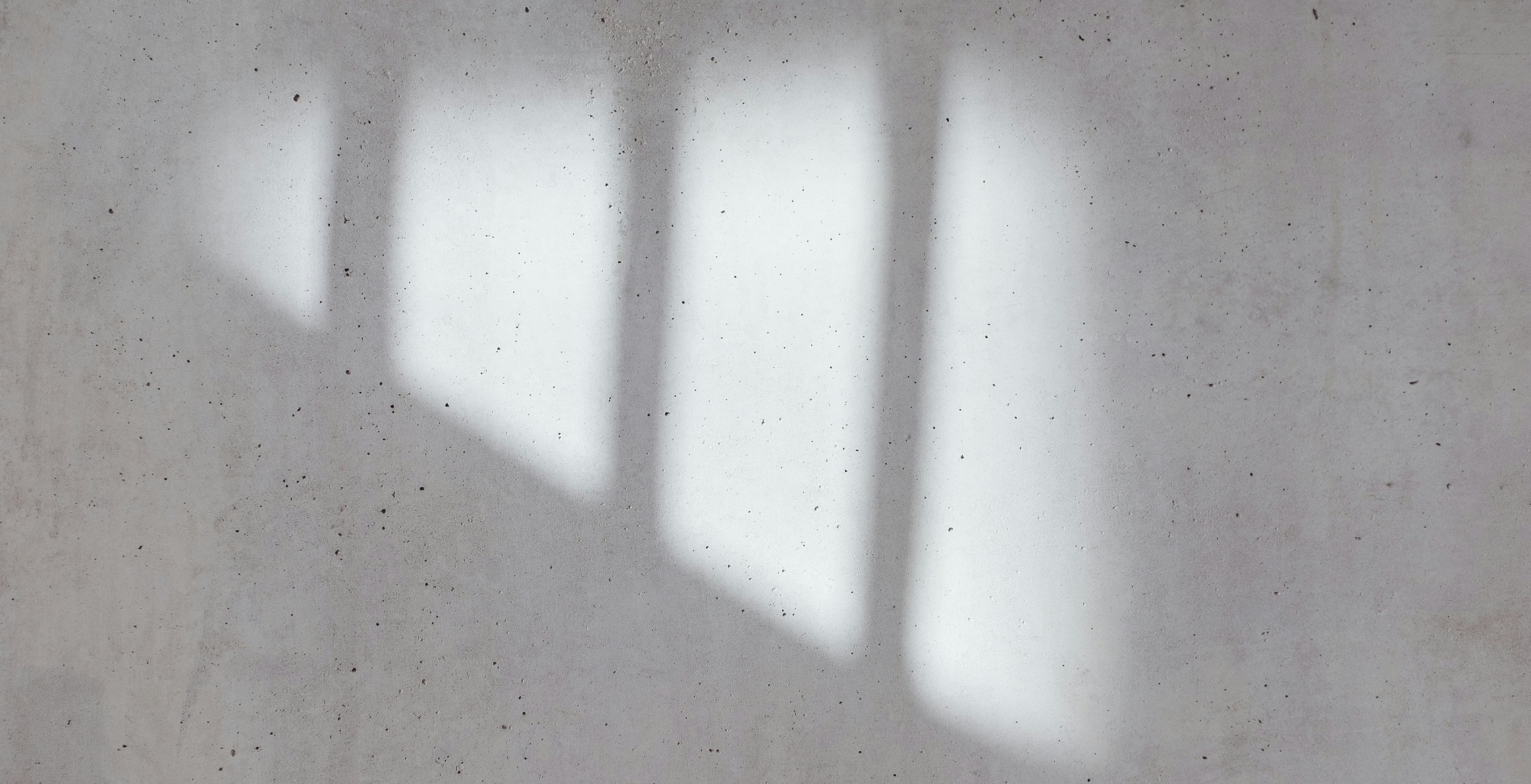I want to share a personal journey—one that moves from trauma and exclusion to discovery, transformation, and hope. It’s a story about missed chances, but also second chances. About what happens when someone like me, written off by society, is finally given the tools to grow.
It’s also a story about the power of education—and how a company like Coracle played a role in that transformation.
Early Education: A System That Failed Me
My struggles with education began early. As a child, I found it impossible to concentrate in school. Not because I didn’t care—but because I was living with serious trauma. I was physically and emotionally abused at home, and my reading and writing skills were very poor.
In the classroom, I was confused, lost, and overwhelmed. I didn’t understand what the teacher was saying. My mind wasn’t focused on maths or spelling—it was focused on survival. That confusion became frustration, and that frustration turned into disruptive behaviour.
Eventually, I was excluded—again and again. No support. No intervention. By the time I was 15, I was permanently excluded from school after being assessed with the spelling and writing age of a 7-year-old. My formal education stopped right there.

A Downward Spiral
By 18, I was deep in a life of crime, drinking, drugs, and constant conflict with the law. I entered the prison system for the first time with a 22-month sentence.
You might think a young offenders’ institute would be a place of rehabilitation. It wasn’t. I was locked in a cell for 23 hours a day, on a wing with hundreds of other troubled young men.
There was an attempt at education—but not in the traditional sense. Classrooms were chaotic. They weren’t places of learning; they were places to settle scores, tell stories, or just escape the boredom. Teachers often played DVDs just to keep us quiet.
I didn’t realise then that some men were teaching themselves in their cells. I had no idea that was even possible.
For the next few years, I was in and out of prison, gaining nothing but a more refined criminal mindset.
The Turning Point
At 21, I was released after another sentence—but I wasn’t ready. I didn’t have the skills to stay out. I lacked emotional control, decision-making tools, and healthy support networks. I quickly slipped back into criminal life, surrounded by people involved in drugs and street crime.
That life led to a tragic turning point. After a confrontation involving a friend and a man connected to my family—someone with a reputation for violence—things escalated. A fight broke out. I had a knife on me. I used it. And Chrissy, the man I fought, died.
At 21, I received a life sentence for murder, with a 16.5-year tariff.
The early years of that sentence were chaotic. Drugs. Violence. Segregation. But one day, alone in the block, I had a moment of clarity. I realised: I couldn’t live like this anymore.

A Different Kind of Prison – Grendon
I transferred to HMP Grendon, a therapeutic prison unlike any I had experienced. Grendon encouraged deep self-reflection through group therapy. It helped me unpack my trauma, confront my actions, and begin to rebuild myself—not just as an offender, but as a person.
It was in those therapy sessions that someone said something that stuck with me. A fellow prisoner told me: “You’ve got a way with words—you should think about studying.” At first, I laughed it off. With my history? School drop-out. Spelling age of seven. Dyslexic.
But then I heard about a course coming to Grendon. A criminology course run by Ruth Armstrong and Amy Ludlow from Cambridge University, bringing together Cambridge students and Grendon residents.
Before I could even apply, I had to go back and complete my basic English and Maths qualifications—Level 1 and Level 2. And I did.
Then I started the course.

Learning Together – A Transformational Experience
That course changed my life. I was suddenly having real conversations with Cambridge students, professors, and even policymakers. We discussed the justice system—not from textbooks, but from lived experience.
And that’s when Coracle entered the picture.
Originally, the course was paper-based. But later, they brought in Coracle Chromebooks. At first, they had basic features. But even with those limitations, it was a revolution. For the first time, I could:
-
Watch recorded lectures
-
Read academic papers
-
Take notes
-
Revisit complex ideas
I could learn on my own time, in my cell. I didn’t need to rely on pen, paper, or getting someone to print things for me. It brought dignity and independence to the learning process.
When I submitted my final essay, I scored higher than some of the Cambridge students. For someone once written off at 15, that was a huge moment.
Beyond Grendon: Continuing to Learn
After completing that course, I took part in the Westminster Convict Criminology Reading Group. I also enrolled in an Open University access module and later began a degree in Criminology.
Then came COVID-19. We were locked in our cells 23 hours a day with no support. Studying was near-impossible. At one point, in frustration, I literally threw my degree materials in the bin. Thankfully, I retrieved them the next day.
Things changed when the prison introduced Coracle devices for in-cell education. By now, I knew what they could offer, and I jumped at the chance.
With Coracle, I could:
-
Cut and paste assignments
-
Edit my drafts without rewriting them by hand
-
Access my course materials instantly
-
Spend time thinking, not just copying
Since using Coracle, I’ve achieved firsts on every module. I’m on track to graduate with a First-Class Honours Degree.
Conclusion: A Life Transformed Through Learning
My story is not one of perfection—it’s one of progression. I was failed by the education system, pushed into survival mode, and caught in a cycle of crime.
But with the right support, the right environment, and the right tools, I’ve been able to change. Peer support. Therapeutic space. A belief in my own potential. And yes—technology like Coracle, that made self-directed learning possible in a system designed to keep you stuck.
Coracle didn’t give me the answers. But it gave me access to the tools to find them.
Today, I don’t just believe in rehabilitation—I am living proof of it. And my hope is that more people in prison are given the chance to walk the same path—not just out of prison, but towards a life with purpose.
